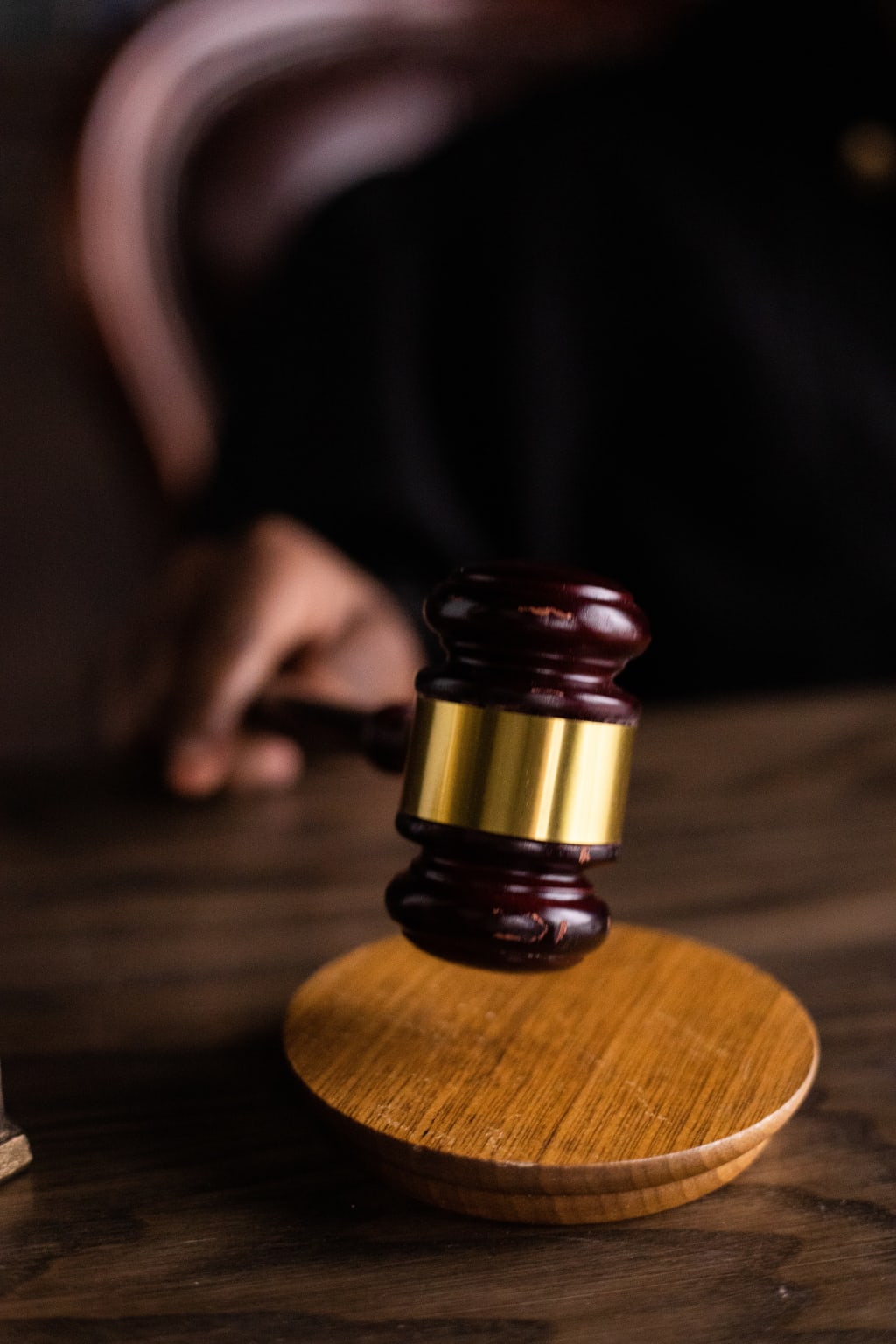The Current Dominance of Texas Judges' Power
Examining the Reasons Behind the Strong Authority of Judges in Texas

Texas is experiencing a trend of increased litigation against the federal government since 2021. There have been 31 different lawsuits filed in federal district courthouses across the state. One specific case in Amarillo dealt with immigration and resulted in a judge, without a jury, ruling that the Biden administration must maintain a policy that keeps asylum seekers out of the country. Although the Biden administration eventually had the decision reversed, it took almost a year, during which time they had to abide by the judge's ruling. The Texas Attorney General's office intentionally sought out this particular judge to handle the case, and they continued to bring cases before him against the federal government for the next two years. Additionally, Texas has repeatedly utilized this judge for their cases against the federal government.
In most places, you don't have the ability to select which judge presides over your case, but in Texas, you can engage in "judge shopping." This practice is only permitted in Texas and has contributed to the state's capacity to be a potent tool for altering how things operate across the entire nation.
Every state in the US has a minimum of one federal district court, while Texas has four. These courts are situated at the bottom of the federal court system and are in charge of resolving cases pertaining to national laws. Federal judges are designated by the president, and there are over 600 district judges across the country. Consequently, there are multiple judges within each court, and the judge selected to preside over a case is typically determined by chance. Legal expert Steve Vladeck explains that randomness is crucial because it is supposed to ensure that the judiciary system serves as an impartial mediator for legal disputes. However, due to the vastness of the US, this principle can be challenging to uphold.
Despite having multiple federal court districts, some of these districts in big states like the Northern District of Texas are still very extensive. This can pose a problem, especially if a case assigned to a judge in a different city requires a lengthy drive to court. In an effort to address this, several districts have been subdivided into multiple divisions, each having its courthouse. However, there are different rules across districts determining which case is assigned to which division. For instance, the Central District of California has three divisions with specific guidelines to ensure that cases remain local. On the other hand, in the Northern District of Texas, these rules are not as rigid, making it easier to file a case in any division of your choosing.
Similarly, this issue exists in other districts in Texas. For instance, the Southern District of Texas is divided into seven divisions, but for the most part of the past two years, two of these divisions had only one active judge each. In the Victoria Division, the judge was Drew Tipton, while in the Galveston Division, it was Jeffrey Brown. The same situation exists in other districts across the state. For example, the Amarillo Division has only one judge, Matthew Kacsmaryk, while the Wichita Falls Division has only Judge Reed O'Connor. Consequently, if you decide to file your case in one of these divisions, you know precisely who the judge will be. As a result, over two years, the Texas attorney general filed eight distinct lawsuits against the Biden administration in Victoria, knowing that Judge Tipton would hear them. These lawsuits ranged from issues on the border wall, the minimum wage to gun laws. According to Steve Vladeck, Judge Tipton had taken the state of Texas' side and upheld a broad perspective on why Texas could sue in the first place. He also issued nationwide injunctions preventing the Biden administration from implementing its policies.
The Texas court system has some unique features that have made it a powerful instrument for influencing national law. One such feature is "judge shopping," which allows plaintiffs to choose a judge for their case, often leading to favorable outcomes. Additionally, Texas's division of federal court districts can result in cases being assigned to judges far from where they were filed, making it easier to predict the judge's rulings. Furthermore, all Texas district courts report to the Fifth Circuit Court, which has a reputation for conservative leanings and is more likely to uphold conservative rulings. This was evident when a judge in Amarillo sided with a group seeking to ban abortion pills, and the Fifth Circuit Court largely agreed. The Supreme Court eventually paused the decision, but it often takes months for the court to hear cases, effectively allowing lower court judges' rulings to dictate federal law in the meantime.
It's no secret why Texas chooses certain judges, like Judge Tipton, to hear their cases. Texas is unique in that its district courts report up to the Fifth Circuit Court, which is known for being very conservative and likely to agree with conservative rulings. The Supreme Court often sits on cases for months before hearing them, allowing lower court decisions to dictate federal law during that time. For example, Judge Tipton's ruling on which undocumented immigrants to deport first is still in effect almost a year later, while we wait for the Supreme Court to rule. This phenomenon of "judge shopping" is a relatively new and concerning development, and some suggest that district courts or Congress could take action to regulate case distribution and prevent the stacking of the deck. The Southern District of Texas has already taken steps to address the issue by adding another active judge to Victoria.
A bill is currently being considered in Congress, which proposes directing any lawsuit that seeks to block a federal policy to the courts in Washington, DC. Alternatively, the Supreme Court could establish new guidelines for the lower courts to follow. Until then, those seeking to increase their chances of having their case heard by the Supreme Court are aware that in Texas district courts, they have the ability to select their own judge.
About the Creator
Bob Oliver
Bob is a versatile writer & communicator passionate about exploring diverse topics & perspectives. I have written for various media outlets. And I believes in using words to inspire positive change. #writing #communication #passion






Comments
There are no comments for this story
Be the first to respond and start the conversation.